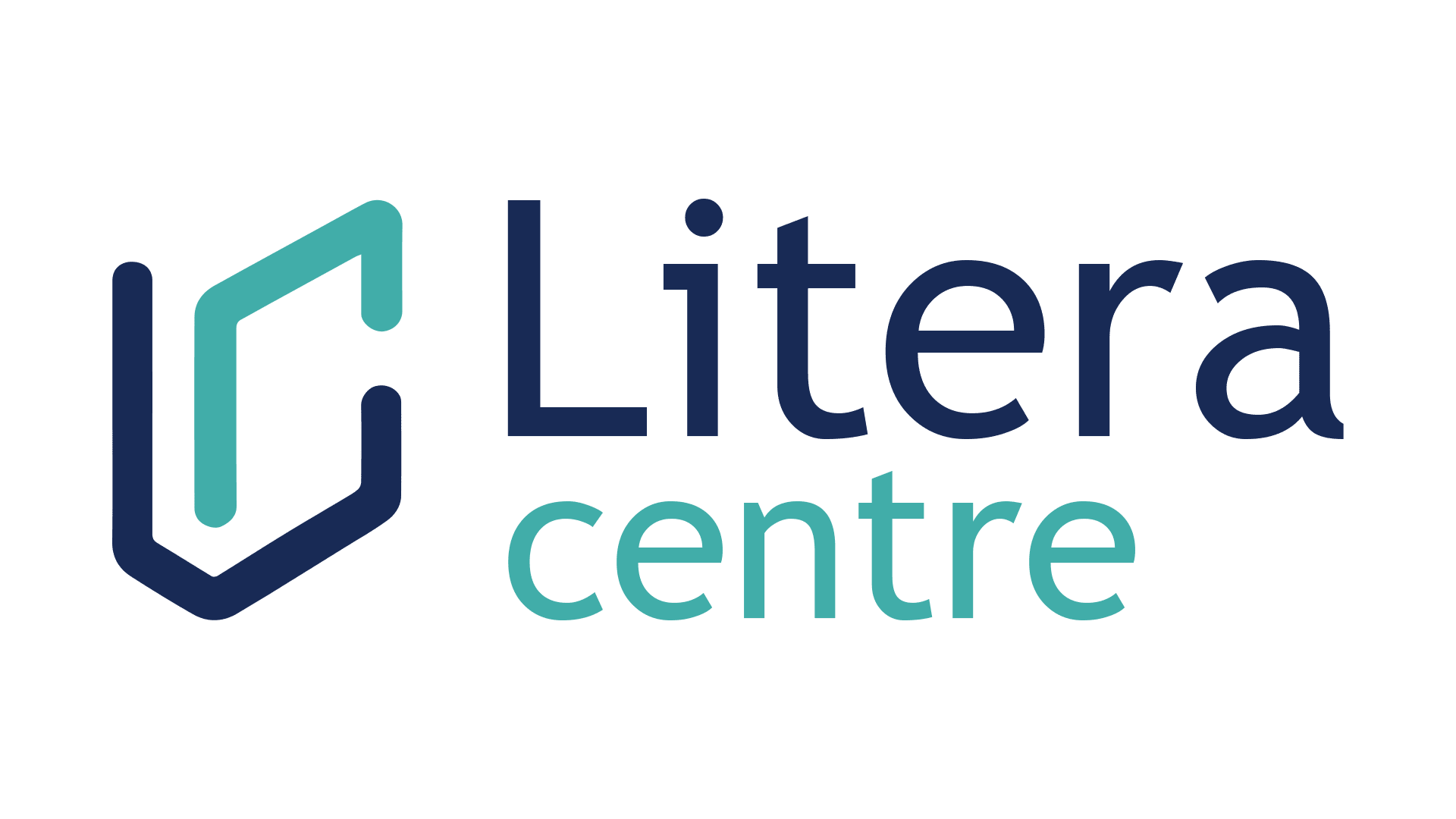Introduction:
The University of Cambridge sets, grades, and certifies the International General Certificate of Secondary Education (IGCSE) after two years. IGCSE students receive international recognition.
The IGCSE curriculum includes a wide range of disciplines from which schools can choose and combine subjects for their pupils. Practical, creative, and critical thinking skills develop with IGCSE. The IGCSE curriculum is well-known and can give students more local and international study opportunities.
The IGCSE exam curriculum covers a lot of material, making it hard for students to study and prepare for tests. Enroll in the most excellent online tutoring platform to prepare.
These tips can help you study for IGCSE Exam.
Collect Your Study Material for IGCSE Exam:

Collecting your study materials is one of the most important things you can do to prepare for an IGCSE exam. Ensure you have all the textbooks, workbooks, and other study materials recommended by your teacher. If they don’t give them to you in person, ask them if they can send them by post or e-mail.
Once you’ve collected all of your resources, go through them one by one making notes on what could be improved or done better. Then ask yourself if there are any questions about any part of this material that needs to be answered in class. These should also be written down so that when it comes time for revision sessions with teachers and tutors during term time (or even before), they’ll know what needs extra attention.
Prepare Notes:
As you prepare for the IGCSE exam, you must always have a notebook. Your notes should be easy to read and organized in a logical order.
Write your notes in your own words, but ensure you understand what the teacher explains before writing anything down. If something confuses or distracts you from what the teacher is saying, write it down as soon as possible so he or she can explain it better next time.
Use diagrams and illustrations when explaining concepts such as shapes/shapes (elements), patterns/patches (structure), numbers/numbers of objects, etc., especially if they are complex concepts for students who could be better at remembering stuff.

Participate in Class Discussions:

One of the best ways to learn is by sharing your ideas with others. You must ensure you understand what others are saying, so try to ask questions and listen carefully. Ask for clarification or even write down some notes so you can refer back later if necessary. Remember that it’s not only the teacher who speaks – everyone else has their own point of view.
The more students participate in class discussions (and other activities), the better they will understand what they’ve learned during lessons and exams. When someone shares an opinion on a topic, try your best not just “agree” because this may lead to misunderstandings later on when something doesn’t go right as planned due lack of cooperation among classmates trying out different methods of solving problems together instead.
Complete Assignments on Time:
One of the most common mistakes students make is not completing their assignments on time. This can be a massive problem because you need to keep your grade up and stay focused on the IGCSE exam. If you don’t complete your assignment on time. It also makes it harder for us as teachers to know how much work our students have done so far (and, therefore, how many points they are getting).
When writing an assignment, outline what needs to be covered in each section before writing any content. This will help your thinking process while staying focused on creating something useful rather than just throwing random words together because they sound good right now.

Using a timer or stopwatch app, you should track how long each section takes.
Practice Regularly for IGCSE Exam:

Practice makes perfect. This is a fact that everyone knows, and it’s true in all areas of life, including exam preparation.
Practice is the key to success at IGCSE Exams. The more you practice, the better you will become, and ultimately, this will help improve your skills even more than going through all of those pages again and again on your own. It’s also important to note that when you regularly practice with someone who has experience in these subjects (such as a tutor), they can guide you so that there aren’t any mistakes made during this process because they know what needs practice.
Practicing regularly also helps develop critical thinking skills, which will come in handy when applying for university or higher education courses such as levels or IB Diploma programs, etc..
Form a Study Group:
There are many ways to form a study group. Such as:
- In-person: If you and your classmates live near one another, why not spend time together outside class before or after school? You can discuss the questions and topics they covered that day during their free time at home. This option is best if everyone has computers because it allows for more interaction between group members than other methods (such as video calling).
- Online: If none of your classmates share similar schedules or locations with you, there’s still hope. One way to get closer to people who may not know each other well is through online collaboration platforms like Google Hangouts. You’ll be able to see each other without having them physically present themselves in front of you.

Revise Past Papers of IGCSE Exam:
It is essential to revise past papers. This will help you learn from your mistakes and test your knowledge of the topics covered in the IGCSE exam. You can also use past papers to improve your preparation for an upcoming exam by answering questions that were not asked on previous occasions.
If a question stumps you, don’t leave it blank. Ask your teacher or other students who have already answered the same question. If none of those options works for you, try writing down all that information so that it’s easier for someone else to answer later on when they’re reading through all their answers together.
Get Help From IGCSE Tutor or Teachers :

If you need help with the material, getting help from teachers or tutors is essential. Make sure your teacher knows you need help and ask him or her for it. Try asking questions during class if they’re not too busy; sometimes, this will lead to a more personal conversation and a better understanding of what needs to be done.
If something still needs to be clarified after talking with your teacher (or tutor), try asking questions. Don’t be afraid of being incorrect. It’s better than not having any idea. Also, make sure that when asking someone else about something specific, they know exactly what’s going on in their mind so that everyone can fully understand each other’s point of view without confusion.
Take Breaks When Needed:
When you feel like your brain is burning out, take a break. You’ll be better off in the long run if you avoid getting frustrated or distracted by exam questions that don’t make sense. If you feel like you are losing focus, take another break. It will only help everyone else understand what they’re doing and why they’re doing it better than before.
Having some fresh air outside on campus will do wonders for keeping our minds awake during difficult times at school. Walk around campus after class ends for about 20 minutes each day. It’ll clear away any mental fatigue from studying hard all week long.

Study Regularly and Consistently (at the same time every day):

Make sure you are relaxed, especially before an IGCSE exam period. Try to avoid distractions as much as possible during this time period, such as social media, TV, or other activities that can distract you from studying (e.g., going out with friends). Eat well and sleep well for your mind/body to be at its best so you can learn effectively when taking exams.
Set realistic goals for yourself. If necessary, get help from teachers/tutors who have experience teaching IGCSE subjects like Maths or English Literature because they know exactly what works best for students who want better grades than their peers but don’t know where else outside their school curriculum exists besides extra-curricular activities like sports teams etcetera.”
Stay Organized and Manage Your Time Well:
Time management is one of the most important aspects of IGCSE exam preparation. You can’t just want to study for your exams, but you also need to manage your time well so that it isn’t all wasted on useless activities or distractions.
This will help track which days and times work best for you when studying. It allows more focus time than other days when fewer things happen in life (or at school). It’s also beneficial because it can help prevent procrastination by reminding yourself when certain things need doing over periods. So they don’t get forgotten later down the line when they become too complicated or overwhelmed due to a lack of motivation due, lack of focus, lack of discipline, lack of structure, lack Of organization, etc.

Master IGCSE Exam Preparation with Litera Centre:
The University of Cambridge awards the International General Certificate of Secondary Education (IGCSE) after two years, providing students with international recognition. The IGCSE curriculum encompasses a wide range of subjects, fostering practical, creative, and critical thinking skills, and offering opportunities for both local and international study.
Master the IGCSE Curriculum with Expert Support:
The IGCSE exam curriculum covers extensive material, making preparation challenging for students. Enroll in our premier online tutoring platform for unparalleled support.
Book Your Free Demo Class Today!
Start your journey to IGCSE exam success with Litera Centre. Book a free demo class now and experience personalized support tailored to your academic needs. Unlock your potential and achieve your goals with our expert guidance.
Conclusion:
So, now that you’ve read our tips for studying for IGCSE exams, what are you waiting for? Go and get started on preparing for your exam. We know it will be hard work, but we also know that it is worth it in the end!
Frequently Asked Questions ( FAQ )
How to study for igcse ?
Effective study habits must be developed for IGCSE preparation.
Experts recommend the consistent practice of past papers.
A balanced approach encompassing theory and application should be adopted.
How to prepare for igcse exams?
A well-structured study plan needs to be created for IGCSE exam preparation.
Regular revision of concepts should be done by students.
Past papers must be practiced diligently by candidates.
How to get a* in igcse?
Consistent hard work and dedication must be shown by students to achieve an A*.
An in-depth understanding of concepts should be developed through rigorous practice.
Past papers need to be solved thoroughly to identify and rectify weaknesses.
How to ace IGCSE Exams?
A strategic approach towards preparation must be adopted by students.
Concepts should be mastered through regular practice and revision.
Past papers need to be solved meticulously to identify problem areas.





